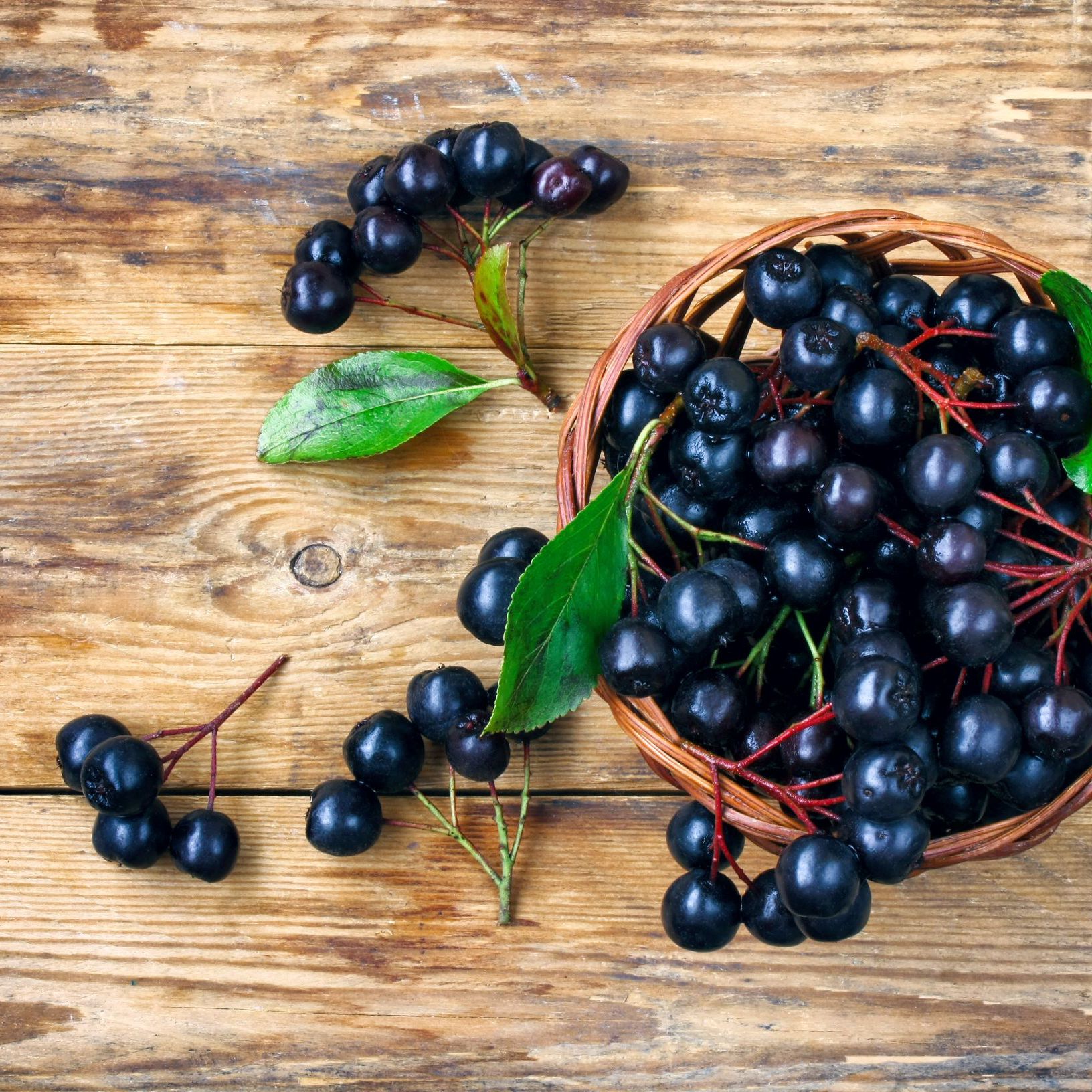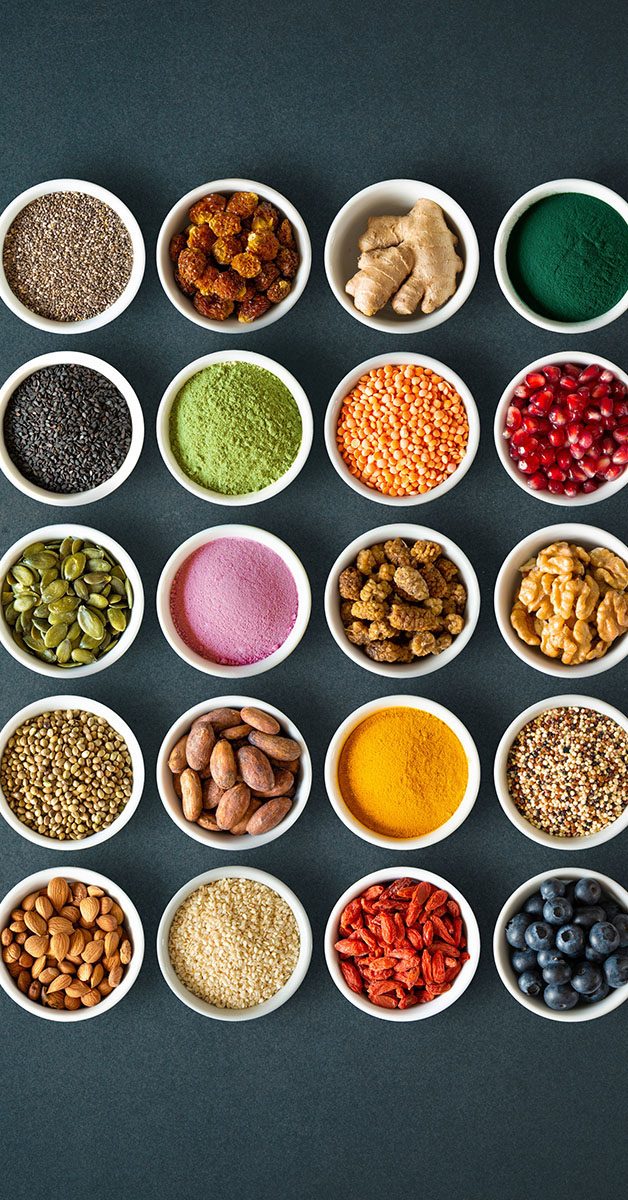Antioxidant Fruits: Nature’s free radical scavengers
Antioxidant foods and antioxidant supplements are widespread, but what exactly is an antioxidant?
As the name suggests they are anti-oxidizing substances that occur naturally in our bodies. It is well-known that our bodies can’t keep up with the demand on it’s own. Which is where dietary supplementation plays an important role.
Everyday our bodies perform many metabolic processes. The outcome of these necessary functions, such as breaking down our food, create a byproduct known as free radicals. Free radicals are molecules that cause damage to our cells in higher levels.
Antioxidants are the defense mechanism against free radicals. They scavenge our body to help trap these harmful byproducts. Over time consistent cell damage can lead to an environment for disease, including cardiovascular disease and certain cancers.
Antioxidants are known to help in cancer prevention as well as other health benefits.
Health Benefits of Antioxidant Supplements:
In conjunction with a healthy diet, supplements are an effective way to increase your intake of antioxidants and other vitamins and minerals. These powerful substances help to prevent damage and protect our cells from unavoidable stress.
Antioxidants help trap free radicals that are present in your body everyday. Free radicals in higher levels can be harmful to our health, causing tissue damage and stress on the body. Free radicals occur when your body breaks down food, is exposed to radiation, UV rays, pollution, carcinogens and stress.


This outcome is known as oxidative stress. Over time oxidative stress occurs from exposures in our environment, poor diet or other chemical substances. Oxidative stress happens when free radical species are overpowering the ability of the body to naturally defend against them.
Your body has the ability to produce antioxidants on its own, but sometimes your body cannot keep up with demand. Taking antioxidant supplements can help your body neutralize these byproducts that impact your health.
When looking for antioxidant supplements for daily use, supplements containing high levels of anthocyanins, bioflavonoids and beta cartone can help enhance their effects. It is also important to include Vitamin C, since our body cannot produce this vitamin on its own. Vitamin C is an antioxidant and is found in many fruits and vegetables including acerola cherries, lemons, oranges and brussel sprouts.
How to know if antioxidants are for you?
Antioxidants can benefit all individuals in all stages of life. Free radicals are heavily present in the body in times of stress, illness and chronic health conditions.
Other times to take antioxidants are during allergy season, cold and flu season, recovering from an injury or surgery. Other known benefits are anti-aging properties and improved healing capabilities.
Individuals with the following can benefit:
- Chronic stress
- Unhealthy lifestyles
- Chronic pain or inflammation
- Premature cell deaths (prevention)
- Compromised immune systems (illness, allergies, stress)
- Athletes
Antioxidants Can Help With:
- Eye Diseases (age related macular degeneration)
- Cardiovascular Heart Diseases
- Respiratory diseases
- Alzheimer’s Disease
- Digestive issues
- Brain function
- Immunity
When your body experiences oxidativestress from free radicals, damage to cells can occur leading to different types of disease. When food sources lack natural antioxidants, dietary supplementation of ascorbic acid from Vitamin C can help to repair damage.
Fruits and Vegetables: The best source of antioxidant foods
A good tip is to include many colorful foods into your diet or your meals. When you look at your meal, try to include several colors on your plate - green, yellow, red, blue. This is a great indicator of intaking antioxidants in your diet. Vitamins and minerals are also crucial aspects of supporting your body that can be achieved through foods.
Total antioxidant capacity and strength vary from fruit to fruit. Well-known diet sources are blueberries, Vitamin C, dark chocolate and red wine. But, not all fruits are equal in their ability to trap free radicals and prevent disease.
Fruits containing high levels of anthocyanins such as aronia berries are considered one of the most powerful antioxidant fruits available from nature. These powerful fruits have high doses of necessary vitamins, minerals and other substances that help minimize cell damage that may contribute to disease.
Powerful antioxidants from nature:
- Aronia berries
- Blueberries
- Grapes
- Red berries (cranberries, raspberries)
- Artichokes
- Kale
- Pecans
- Spinach
- Beets
- Dark chocolate
- Green Tea
The majority of the foods listed above contain important vitamins and minerals that help support your immune system, reduce inflammation and help the body remove toxins. Foods rich in the following but not limited to help individuals maintain a healthy diet to promote overall health.
- Vitamin C, D, E and A
- Beta Carotene
- Selenium
- Magnesium
- Calcium
- Potassium
- Omega-3 fatty acids
- Zinc


Dark green vegetables, brazil nuts, fish, sweet potatoes, green tea, beans and whole grains are foods that contain many of the substances listed above. Including some of these foods in your diet in conjunction with antioxidants can have a positive effect on preventing disease and other conditions such as heart disease and type 2 diabetes.
Disclaimer
Pascoe Canada does not offer health or medical advice as we are not a healthcare practitioner. Please speak with your healthcare practitioner before beginning any program related to nutrition, diet, exercise, fitness, medical, and/or wellness. All content published by Pascoe Canada is developed through collaborating with licensed medical professionals and contributors. This includes text, graphics, images, and other material on the website, newsletter, and products (“Content”). This content is for informational purposes only and does not constitute medical advice. The content does not substitute professional medical advice, diagnosis, or treatment. Please always do your own research on whether this is for you along with your healthcare practitioner advice. Always consult your healthcare practitioner prior to using specific herbs because you might have underlying conditions that need professional care. The content is general in nature and is subject to change. It is not intended to cover all possible uses, directions, precautions, warnings, drug interactions, allergic reactions, or adverse effects.
